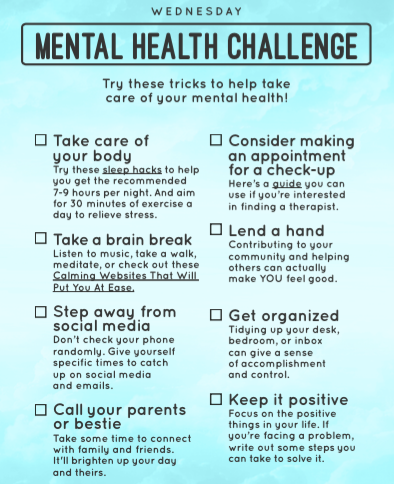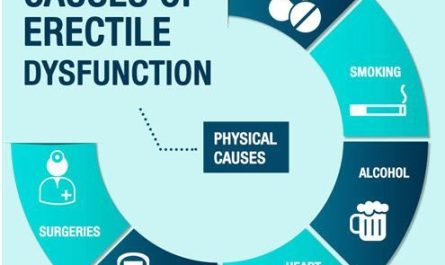When it comes to mental health, there is a common misconception that men are not as affected as women. However, this stereotype is not only untrue but also dangerous. In reality, men face unique challenges when it comes to their mental well-being, and it is crucial to address and understand these challenges in order to provide appropriate support and care.
The Stigma Surrounding Men’s Mental Health
One of the most significant barriers preventing men from seeking help for their mental health is the stigma attached to it. Society often expects men to be strong, resilient, and emotionless, which can lead to feelings of shame and the belief that asking for help is a sign of weakness. This stigma can prevent men from seeking necessary treatment, leading to their mental health worsening over time.
Breaking the stigma around men’s mental health is crucial for encouraging open conversations and providing support. By challenging outdated notions of masculinity and promoting vulnerability and emotional expression, we can create a more empathetic and understanding society that allows men to seek the help they need without fear of judgment or backlash.
High Rates of Suicide
One of the alarming consequences of the stigma surrounding men’s mental health is the high rate of suicide among men. In many countries, men are more likely than women to die by suicide. The pressure to conform to societal expectations, coupled with the reluctance to seek help, can leave men feeling isolated and hopeless, leading to tragic outcomes.
Addressing the issue of suicide among men requires a multi-faceted approach. It involves creating safe spaces for men to talk about their feelings and struggles, educating the public about the signs of mental distress, and ensuring that mental health resources and support are easily accessible for those in need.
Macho Culture and Toxic Masculinity
Society’s expectations of men can often contribute to a culture of toxic masculinity. The pressure to be strong, dominant, and assertive can create an environment that disregards the importance of emotional well-being. Men may feel compelled to suppress their feelings and mask any signs of vulnerability, which can have severe consequences for their mental health.
Challenging this macho culture and toxic masculinity is essential for the overall well-being of men. Encouraging emotional intelligence, promoting healthy communication, and fostering supportive relationships can help men develop resilience and cope with life’s challenges in a healthier manner.
Underdiagnosed and Undertreated Mental Health Conditions
Another challenge men face concerning their mental health is the underdiagnosis and undertreatment of certain conditions. For instance, depression and anxiety are often more subtle in men compared to women, with symptoms such as irritability, anger, and substance abuse being more prevalent.
Consequently, mental health conditions in men often go unnoticed and, thus, untreated. This can have severe consequences on their daily functioning, relationships, and overall quality of life. Raising awareness among healthcare professionals about these gender-specific symptoms and encouraging men to seek help through targeted campaigns are crucial steps in addressing this issue.
Lack of Emotional Support
In many societies, men face a lack of emotional support, which can exacerbate their mental health challenges. Traditionally, men have been discouraged from openly expressing their emotions or seeking help from friends and loved ones. This lack of emotional support can lead to feelings of isolation and loneliness, further impacting their mental well-being.
Addressing this lack of emotional support requires a change in cultural attitudes towards men’s emotional needs. Promoting empathy, active listening, and creating safe spaces for men to share their feelings can help build stronger support networks and foster healthier emotional well-being among men.
Conclusion
As we continue to work towards a more inclusive and understanding society, it is essential to recognize and address the unique mental health challenges faced by men. Breaking the stigma, promoting emotional well-being, and providing accessible mental health resources are vital steps in ensuring that men receive the support they need. By doing so, we can create a healthier and happier society for everyone.




